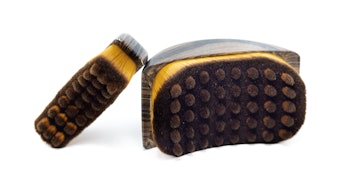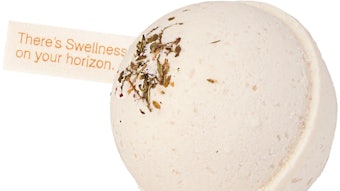
Essential oils are beneficial for a number of skin conditions, according to a report Dermatologist On Call, but the user must be cautious of the side effects of each one. While essential oils are popular in skin treatments, improper use can result in irritation and allergic reactions. Below are the skin conditions that were mentioned in the piece, with examples and counterindications for each.
Acne
Tea tree oil, frankincense, geranium oil and citrus fruits can be used to treat acne; however, some of these oils can irritate skin and causing sensitivity to sunlight.
Eczema
Geranium oil, myrrh and patchouli can be beneficial for eczema.
Psoriasis
Tea tree oil, geranium and frankincense can help treat psoriasis. It is recommended that essential oils are not the primary approach to psoriasis treatment.
Rashes and Hives
Peppermint, lavender, lemon, myrrh, tea tree and German chamomile can help treat rashes and hives; however, there there are no clinical studies proving the effectiveness.
Use Caution
Essential oils are not FDA approved for medical treatment of the skin. Since the oils are highly concentrated, it is suggested that the user dilute before application. Also, certain oils are great to inhale for aromatherapy, but can be dangerous for skin health.










